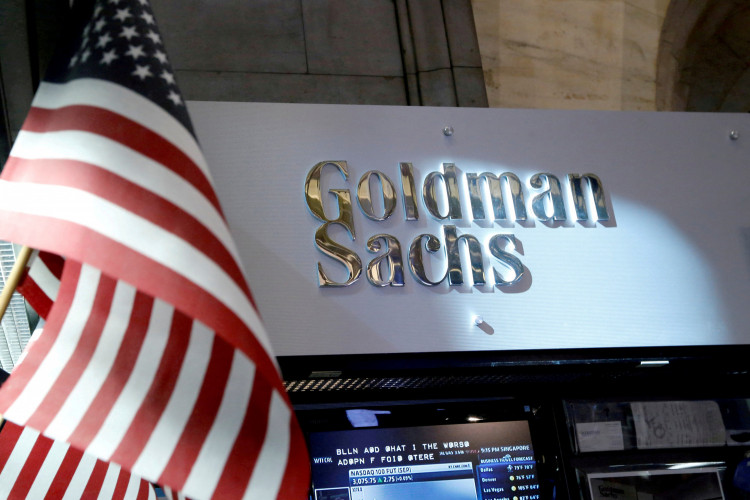Goldman Sachs recently announced that it is cutting the bonuses of some of the bank's top executives. Many observers have noted that this decision stems from the fact that shareholders might be a little anxious over the 1MDB scandal on which the bank is embroiled in. The decision to issue cuts on executive bonuses is considered by some as the bank's strategy to placate shareholders and the outraged public over the scandal.
The investment bank announced last week that it is considering withholding millions of dollars' worth of bonuses to the bank's former Chief Executive Officer Lloyd Blankfein and two other retired executives. The bank added that the cuts will depend on the outcome of the current probe into the 1MDB scandal.
These massive bonuses were first approved back in 2011. The annual payouts were then based on the bank's overall performance over the next eight years. According to United States securities documents, Blankfein's bonus started at $7 million and nearly doubled over the course of the next eight years.
Aside from bonuses, Goldman Sachs also stated that the bank is considering reclaim some compensation given to current CEO David Solomon. In 2018 alone, Goldman Sachs paid Solomon $23 million, including $15.4 million worth of stock options. The bank added that they are also studying whether to impose the same sanctions to two other senior executives, Present John Waldron, and CFO Stephen Scherr.
The announcement to cut these bonuses was interpreted by many analysts as a kind of apology statement intended for shareholders who are upset over the corruption scandal that has blemished the bank's image. The scandal came at a time when Goldman Sachs is working to improve its image as it slowly builds up its consumer banking business through an online platform.
In January, Mr. Solomon conveyed an apology to Malaysia over the scandal as well as the involvement of former Goldman Sachs partner Tim Leissner. Mr. Leissner later pleaded guilty over charges of violating a number of U.S. anti-bribery and money-laundering laws.
Aside from Leissner, U.S. authorities have also accused Low Taek Jho and another Goldman banker Ng Chong Hwa of conspiring to launder billions of dollars from the 1Malaysia Development Berhad. The investigation over the scandal revealed that Goldman Sachs received $600 million in revenues and fees from the 1MDB bond transactions. U.S. authorities continue to press that more than $2.7 billion in funds went to bribes and kickbacks.





